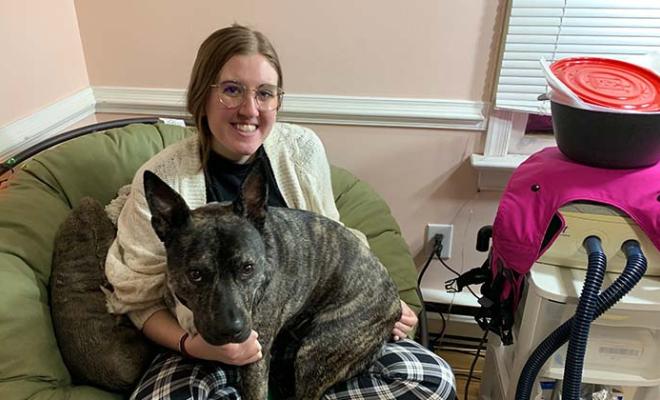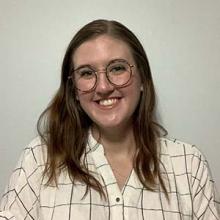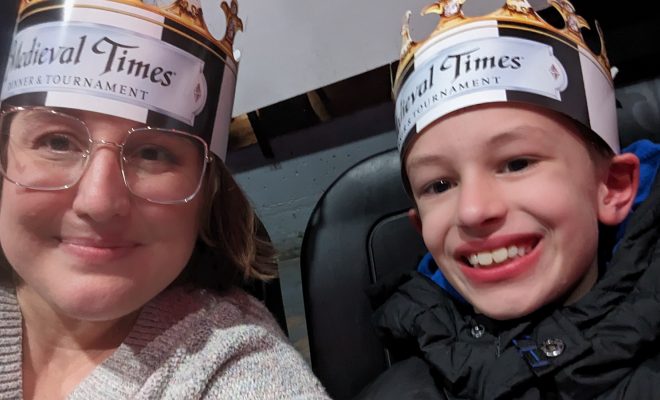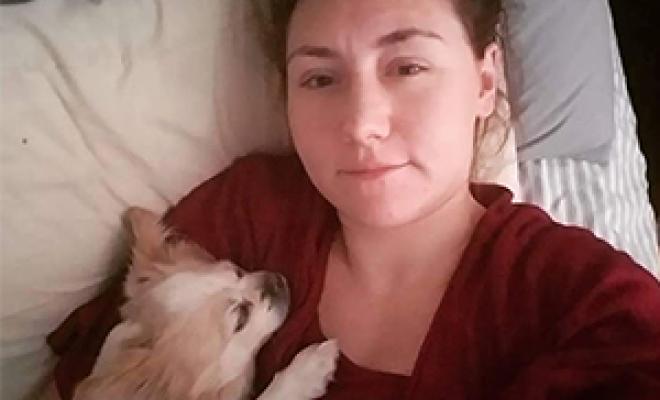As someone with cystic fibrosis, I am used to being diagnosed with a variety of health conditions. Most of the time, these diagnoses come after I have a physical characteristic I need assessed and I often do not have to search hard for the diagnosis. Being diagnosed with attention deficit hyperactivity disorder (ADHD) was a little different than what I am familiar with. It took six months to reach my diagnosis, and once diagnosed, my doctor and I had to figure out – and continue to refine – the best course of action for treatments.
I think I always knew something was up, but I just wrote off my symptoms as anxiety and depression, which is not uncommon among CFers. I tried many different treatments for depression and anxiety, but nothing ever felt like the right treatment for me. It was actually TikTok videos that made me suspect I may have ADHD. Videos kept popping up on my feed listing the symptoms of ADHD in women, which can be vastly different from those in men. Many of these resonated with me, so much so that I reached out to my primary care physician. We discussed my symptoms and decided I should be evaluated by a neuropsychologist. I was then tested and diagnosed with ADHD Inattentive Disorder and was told it was likely I had it my whole life – it just got swept under the rug because I behaved “typically” and did well in school.
Much like CF, ADHD symptoms can vary from person to person. I experienced many symptoms, but some of those that impacted me the most were the inability to focus and stay on task and poor organization, memory, and time management. For someone with CF, it’s very important to maintain a routine and remember to do regular therapies. I have never been able to create a structured routine that I can stick to, and, as silly as this may sound, I often forgot to do therapies because it's almost as though I would forget I had CF.
For many years, I was wracked with guilt for being unable to just stick to a routine. I mean, it seems so simple. Therapies are the things that helped me feel better, but I just could not do them. I was frustrated constantly, and even more so when I went to clinic and my care team would say “you just have to do them.” It felt as though they thought I didn’t care, but that was not the case.
In my chart, even now, there is a note that says, “PERSONAL HISTORY OF NONCOMPLIANCE WITH MEDICAL TREATMENT, PRESENTING HAZARDS TO HEALTH.” That can be very disheartening because, while it is true, it is often something I cannot help.
Now I know at least some of this can be attributed to ADHD. It doesn’t always make the feelings of guilt subside completely, but it does help to know that there are many things I should not blame myself for.
I played sports in high school, so my days were very structured, and I was always in a routine set by others. This made sticking with therapies a little easier because I knew what my day-to-day life should be. Once I got to college, my routine was constantly changing as I was adjusting to a new normal, so my ability to do therapies and keep up with my health faltered. It was a lot harder to adjust on my own without someone else -- like my parents -- there to remind me to do my therapies.
While I am still working on finding the best way to figure out how ADHD affects my life with CF, I have found some things that work for me and might work for others who struggle with these two illnesses. Many people are familiar with the term, “out of sight out of mind.” It is especially relatable for those with ADHD. If my therapy supplies or medicines are not out in the open, I likely forget to do or take them. I have a specific area dedicated to my therapies and have made it as cozy as possible, so I enjoy the time I spend there. Having that visual reminder can be beneficial for those with ADHD. This means I probably cannot live my minimalistic dream life any time soon, but that's okay. If possible, I recommend investing in -- or having insurance pay for -- a portable nebulizer and/or vest. I keep my portable neb in the car, so when I am inevitably running late, all I need to do is grab a neb cup and medicines to take in the car with me and do while driving.
I also find “body doubling” helpful. This is when another person sits with you while you complete a task. For example, it can be helpful to have another person sitting in the room with you while you do your therapy. It helps keep you accountable and sometimes it's just nice to have another person there, even if we aren’t talking. I have included some photos of my therapy corner and what my medicine drawers look like. While they may be totally unorganized, I have everything I need in one place and can easily find what I need, which helps me keep up with my health.
While I am no expert in all things ADHD or CF, I do my best to work with the cards I have been dealt.
There are easier days and there are harder days, but I am working on finding the best approach that fits my lifestyle. If any of this resonates with you, bring up your concerns to your doctor. Remember, you are your own best advocate, so be kind to yourself and recognize that you deserve to be heard.
Interested in sharing your story? The CF Community Blog wants to hear from you.





